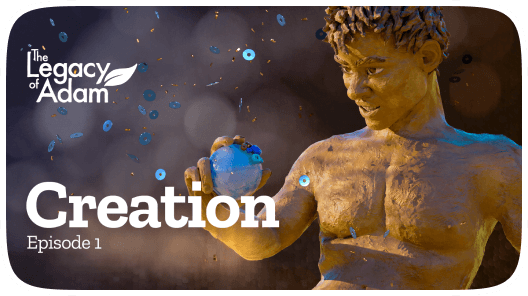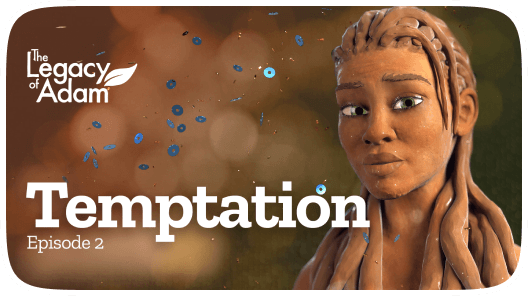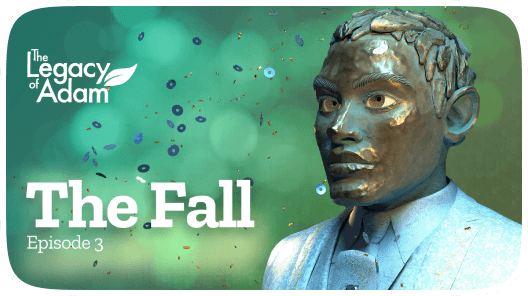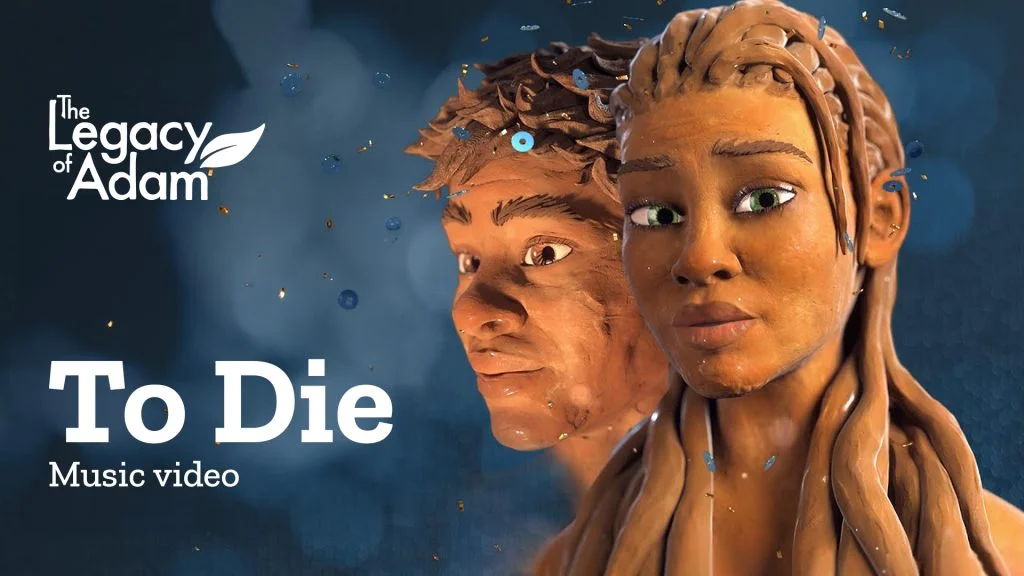Once upon a time, not in a faraway land but way back at the beginning of everything, there was a story. One such tale speaks of the first disobedience, a cautionary echo whispered on the winds.
Imagine a time before time, when the world was new, like a freshly carved calabash, smooth and perfect. This calabash held all the knowledge and blessings a person could desire. It was entrusted to the care of the first humans, a great responsibility.

The Great Weaver, the one who crafted the calabash and all things, had only one rule: Do not peek inside. Curiosity, however, flickered like a campfire in their hearts. Ignoring the Weaver’s instructions, they pried open the forbidden vessel.
A torrent of chaos spilled forth – sickness, hardship, and struggles that had never existed before. The once-perfect calabash was fractured, its smooth surface marred by cracks. Shame and regret settled like dust in their hearts.
This, the elders say, is the origin of our troubles. It’s a reminder that disobedience, like a spear thrown carelessly, can bring unintended consequences. Today, when faced with similar temptations – the allure of forbidden things, the whispers of quick gains – we must remember the broken calabash.
Just as the weaver patiently repairs a torn cloth, so too can we mend the world around us. By following the wisdom of our ancestors, the teachings found in the Holy Scripture, we can live good and fulfilling lives as God intended for us.
We strive for harmony with nature, just as the first humans were meant to live in harmony with the Great Weaver’s creation.
Our choices, like threads spun on a loom, create the tapestry of our lives. By choosing honesty, compassion, and following the teachings of the Holy Scripture, we can weave a life that brings honor to ourselves, our families, and our communities.
The broken calabash may be a reminder of past mistakes, but it’s also a symbol of hope. Just as a skilled craftsperson can transform a broken object into something beautiful, we too can overcome challenges and lead good lives.
Let us learn from the tale of disobedience, carry the wisdom it imparts, and strive to live according to the Holy Scripture, creating a life that resonates with the beauty and harmony of creation itself.
Our choices, like threads spun on a loom, create the tapestry of our lives. By choosing honesty, compassion, and following the teachings of the Holy Scripture, we can weave a life that brings honor to ourselves, our families, and our communities.
The broken calabash may be a reminder of past mistakes, but it’s also a symbol of hope. Just as a skilled craftsperson can transform a broken object into something beautiful, we too can overcome challenges and lead good lives.
Let us learn from the tale of disobedience, carry the wisdom it imparts, and strive to live according to the Holy Scripture, creating a life that resonates with the beauty and harmony of creation itself.






